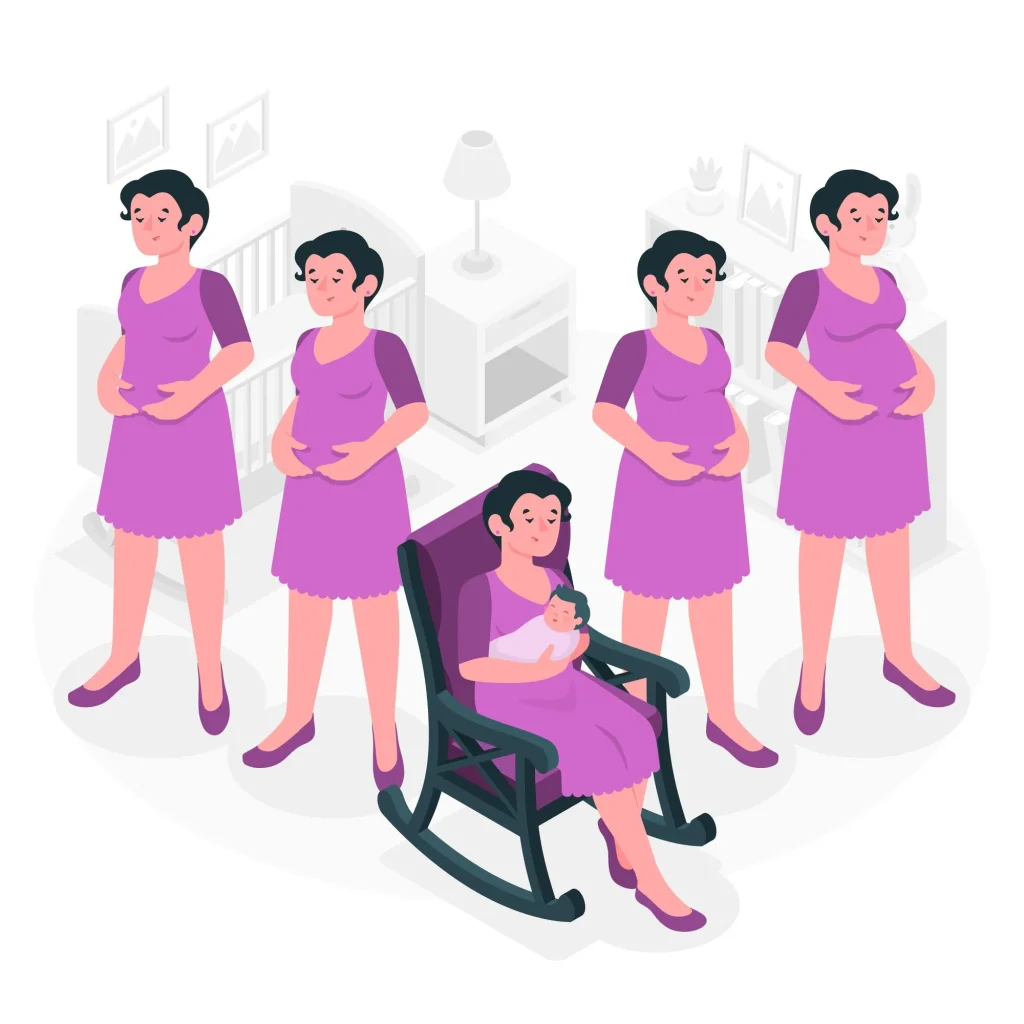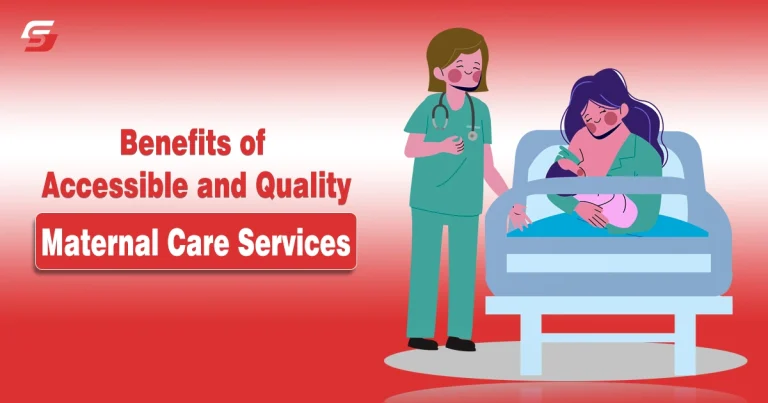Motherhood is a transformative experience, noticeable by its pleasures and challenges. It is significant to admit excellent maternal care in ensuring the health and well-being of both mother and child during pregnancy.
With proper care, possible health risks can be meaningfully summary, which can lead to better results and a robust base for the family unit. High quality maternal care services empower women with the support and medical attention that they deserve.
In this guide, learn about how accessible and quality maternal care services affect families, which exist, and there is a social benefit when removing those obstacles.
Empowering Mothers through Education: The Role of Maternal Health Literacy
Health literacy is another basis of maternal welfare. When females are well knowledgeable, they can make informed decisions about their health and their children’s health. Teaching around pregnancy, delivery, breastfeeding, and early baby care equips mothers with the skills and self-assurance essential to support themselves and their children.
Instructive programs can take many forms, from prenatal classes to healthcare workers dispersed by healthcare providers. What do these resources expect by informing women about the stages of pregnancy and during labor and delivery? Understanding these processes destroys motherhood and encourages active participation in health decisions.
Outreach and education efforts can work by hand with healthcare services to create a supporting network for mothers. Such an initiative not only enhances personal health, but also promotes healthy communities by increasing the knowledge of overall awareness and maternal health issues.
The Economic and Social Benefits of Investing in Maternal Care Services
Investing in maternal care services provides far-reaching economic and social benefits. A strong maternal health system contributes to the reduction in health care costs by preventing complications that require expensive intervention. Early detection and treatment of health problems is less expensive than emergency care, reflecting the economic discretion of preventive healthcare investment.
The social influence of maternal health spreads to future generations. Adequate maternal care prescribes a standard for health that indicates how children’s approaches and practices such as they grow. Educated and healthy mothers are likely to pass their knowledge and prefer the health of their own families.
Eventually, access to maternal health services is a sign of a promise to the good of society as a whole. This underscores a shared accountability to safeguard that every child has the best start in life and every mother becomes the care and respect she merits.
The Impact of Accessible Maternal Care on Mother and Child Well-being
Sulabh motherly care safeguards that the predictable mothers obtain pre -delivery, nourishment direction and teaching for a healthy pregnancy. These services sustenance the documentation and organization of potential health risks, defensive both mother and child. Repetitive screening can stop problems, such as pregnancy diabetes or pre-eclampsia, emerging into more serious health issues.
Throughout delivery, admission to skillful birth assistants is important. Eligible health care providers can manage labor and distribution, reducing the complexities of birth and maternal mortality. The presence of a well -trained team allows mothers to focus on the birthing process with low anxiety and stress.
Administrations such as Oula Health stress the position of pregnancy and beyond parental care. By ordering accessible and continuous care, they reinforce the substance of healthy families and societies.
Policy and Practice: Advancing Maternal Care Accessibility for All Women

Effective policies at local, national and international levels are important to carry forward maternal care access. Legislation that provides extensive coverage for maternal health services, support for new mothers, and expansion of health facilities can be an impressive difference. Policy makers should recognize maternal health as a public health priority to run change.
In rehearsal, maternal care amenities must be intended to meet the varied needs of women. This means seeing all features of care from prenatal to postnatal, and safeguarding that women of all socio-economic contextual have the same admission. The best practices should be communal and applied in numerous health systems to safeguard the steadiness of care.
Overall, the importance of accessible and quality maternal care cannot be eliminated. It is a fundamental right that has deep implications for the health and prosperity of societies around the world. Giving priority to the care of our mothers and children, pave the way for a bright future for all of us.










